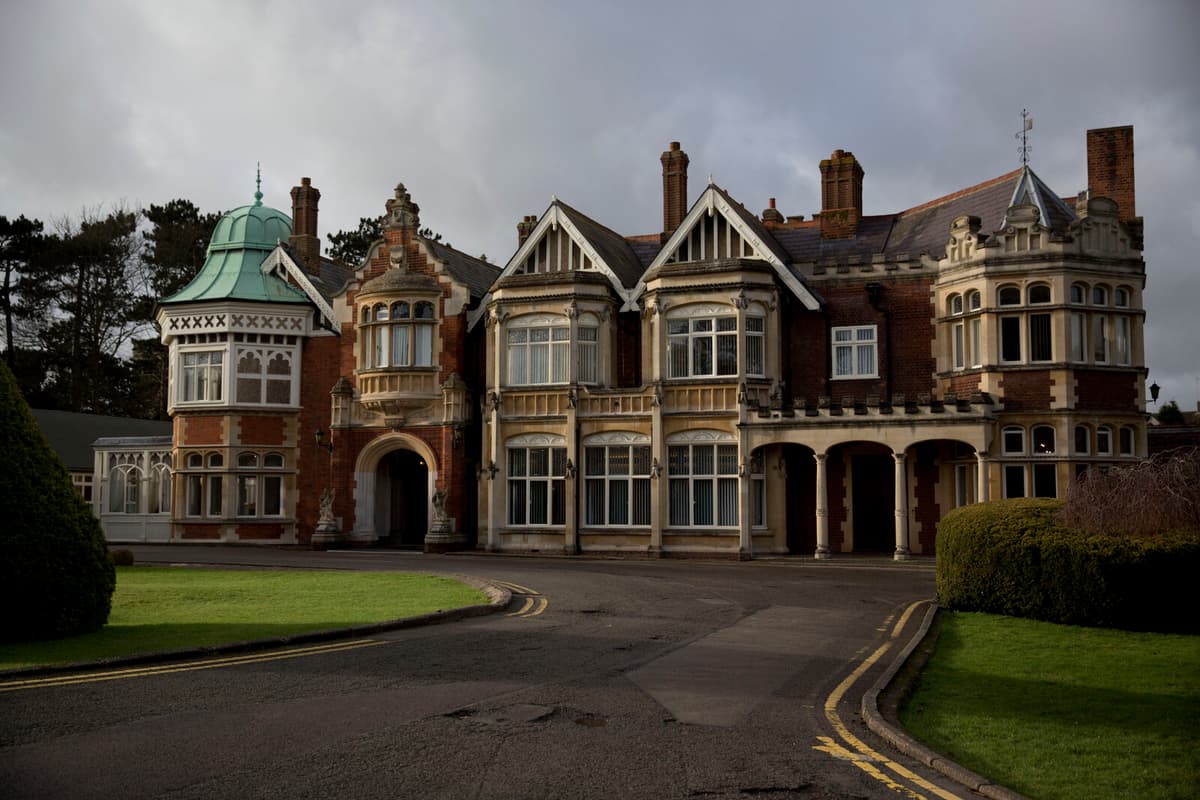Charlotte Webb was only 18 years old when she started working at Bletchley Park, the estate north of London where British cipher experts finally managed to crack the German military's code language – a discovery that is believed to have shortened the war by several years.
The messages came in groups of five letters or numbers in Morse code. Some dates appeared. It was total gibberish, she told The Guardian in 2018.
We knew very little about what was happening. We were really in ignorance.
Was not allowed to tell
By the end of the war, Webb – or "Betty" as her friends called her – had worked at Bletchley Park for four years, without being able to tell about it.
I realized that from then on (when she was employed) it was not possible to tell even my parents what I did, she told BBC in 2020.
Not until 1975 was she allowed to tell about her experiences during the war. To the family she lived with during her time at Bletchley Park, she said she was a secretary.
After the war, she returned to her hometown in Shropshire in western England, where she worked at a school.
Praised in France
She was hailed by Queen Elizabeth, who later also awarded Webb the royal order MBE. In 2021, Webb was part of a large group of Britons who were awarded the French Legion of Honor for their work to liberate France.
Two years later, she was invited to King Charles III's coronation at Westminster Abbey, and the same year she celebrated her 100th birthday with a party at Bletchley Park.
Then, the air force honored her by letting a World War II bomber, a Lancaster bomber, fly over the area, which is now a suburb of the city of Milton Keynes.
That was for my sake, incredible, wasn't it? Little me, she said then, according to BBC.






